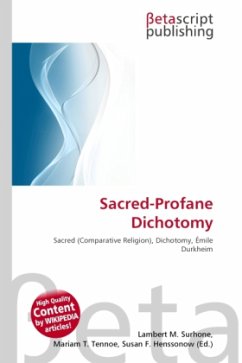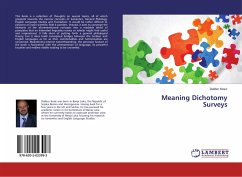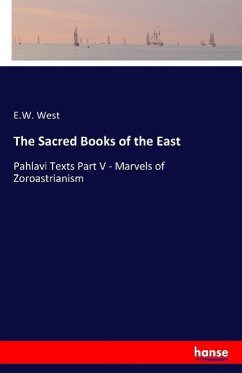High Quality Content by WIKIPEDIA articles! French sociologist Émile Durkheim considered the dichotomy between the sacred and the profane to be the central characteristic of religion: "religion is a unified system of beliefs and practices relative to sacred things, that is to say, things set apart and forbidden." In Durkheim's theory, the sacred represented the interests of the group, especially unity, which were embodied in sacred group symbols, or totems. The profane, on the other hand, involved mundane individual concerns. Durkheim explicitly stated that the dichotomy sacred/profane was not equivalent to good/evil. The sacred could be good or evil, and the profane could be either as well.
Bitte wählen Sie Ihr Anliegen aus.
Rechnungen
Retourenschein anfordern
Bestellstatus
Storno








